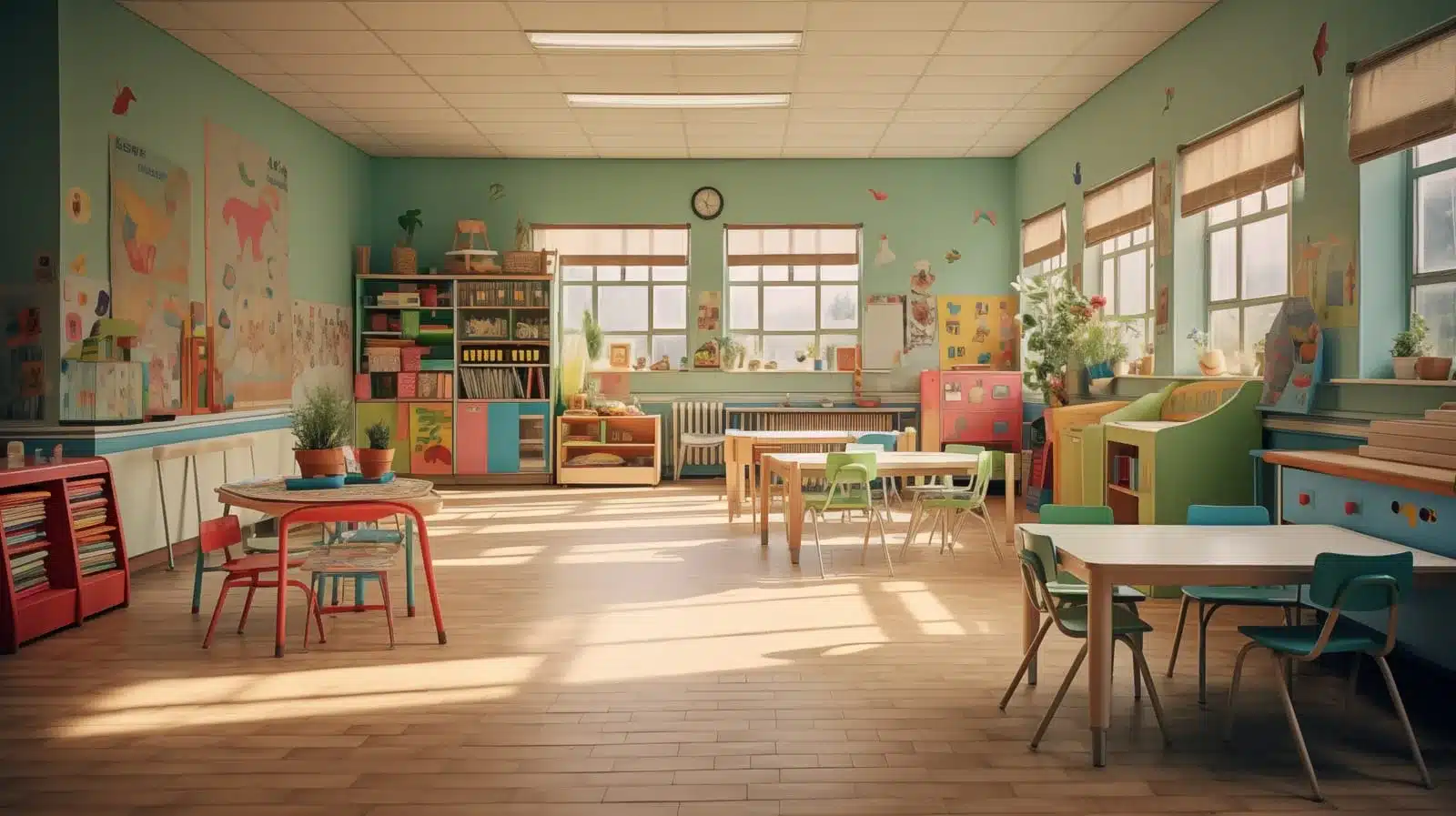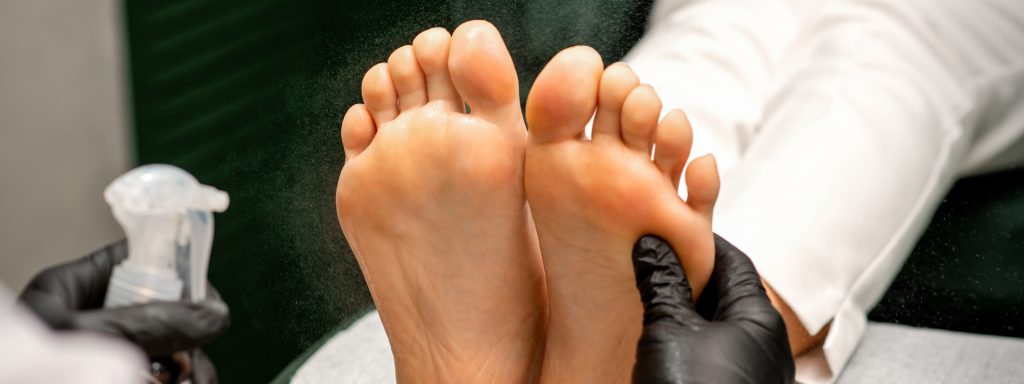Can You Sue a Daycare or School for Child Neglect or Abuse?
As a parent, you trust daycare centers and schools to provide your child with appropriate care, nurturing, and protection throughout the day. When that fundamental trust is shattered due to negligence or abuse, it causes emotional devastation and raises urgent questions about your child’s rights and your legal options. These include whether you can sue a daycare or school for child neglect or abuse, and how to defend your child’s rights in legal proceedings. In such heartbreaking situations, many parents ask: Can I sue the daycare or school for what happened to my child?
If your child has suffered harm due to inadequate supervision, unsafe conditions, or outright abuse, the responsible childcare facility, school, or individual staff members may be held liable. Experienced attorneys understand that child safety should never be compromised. Ensuring your child’s safety in all childcare settings is paramount, and attorneys work tirelessly with families to hold negligent institutions accountable while pursuing the maximum compensation your child deserves.
What Qualifies as Daycare or School Neglect or Abuse?
Negligence and abuse in childcare settings can manifest in numerous ways, some obvious and others more subtle. Daycare negligence occurs when a facility or its staff fails to meet the expected standard of care, resulting in harm to a child. This includes failing to meet children’s basic needs, such as nutrition and hygiene, and improper supervision, which are clear signs of negligence. Abuse can be physical, emotional, or sexual, each leaving lasting effects on young victims.
Common examples of potential neglect or abuse include:
- Inadequate supervision leading to unexplained injuries or accidents
- Failure to intervene during bullying or peer violence
- Unsafe premises with broken equipment or hazardous conditions
- Accessible sharp objects
- Unsanitary conditions or failure to administer necessary medications
- Physical abuse, such as corporal punishment or harsh discipline
- Sexual abuse or inappropriate staff behavior
- Verbal abuse or emotional mistreatment causing psychological distress
- Failure to follow safety protocols or emergency procedures
- Neglect of specialized care for children with disabilities or medical conditions
- Improper sleep arrangements for infants increase SIDS risks
- Unsafe play areas with broken equipment indicate a lack of commitment to safety
These behaviors contribute to a troubling pattern of institutional failures, putting vulnerable children at risk. Daycare abuse and neglect cases often involve systemic issues, including inadequate staff training, poor supervision, and insufficient background checks. Additionally, negligent facilities frequently lack emergency preparedness, further endangering children.
Not every incident indicates deliberate abuse, but patterns of neglect, repeated injuries, or lack of transparency from caregivers should raise immediate concerns. When providers fail their duty to protect children, it may constitute a serious legal breach requiring accountability.
Most Common Injuries from Neglect
Children naturally experience minor bumps during play, but certain injuries in supervised settings can signal negligence or abuse. When staff fail to provide attentive supervision, maintain safe environments, or respond to dangers, serious harm may result. Prompt medical care is essential to ensure well-being and document the incident.
Common injuries include:
- Broken bones or fractures from falls or unsupervised climbing
- Head injuries from slips, trips, or objects
- Burns from hot surfaces or unauthorized electrical access
- Choking from improper food supervision or access to small objects
- Bruises or welts from rough handling or peer violence
- Cuts from sharp or broken equipment
- Infections or rashes due to poor hygiene
- Bite marks from inadequate supervision of children
- Emotional trauma causing behavioral or developmental issues
Not every injury indicates abuse, but unexplained bruises or evasive staff explanations should prompt investigation. Parents should seek medical attention, save medical bills and records, and request written incident reports for documentation.
Injuries resulting from inadequate supervision, unsafe facilities, or abuse go beyond unfortunate accidents; they may be legal violations requiring justice. Some injuries may cause long-term impairment. Consulting experienced attorneys can help investigate and explore legal options. The verdict from a judge or jury will determine compensation.
When Can You Sue for Negligence?
To successfully sue a daycare or school for neglect or abuse, certain legal elements must be established:
- The facility owed the child a duty of reasonable care and protection
- That duty was breached through negligence or inaction
- The child suffered actual harm as a direct result
- Damages are quantifiable through medical records or expert testimony
If negotiations do not result in a fair settlement, an attorney will file a formal complaint in court. Suing a daycare or school typically involves gathering evidence, consulting legal counsel, and following legal procedures.
Public schools may be protected by sovereign immunity, limiting lawsuits against government institutions, but exceptions exist for gross negligence or abuse. Some states allow lawsuits in cases of sexual misconduct or failure to report abuse. Law enforcement may pursue criminal charges for severe cases. Private centers are not protected by sovereign immunity and can be sued as private entities.
Daycare facilities must maintain insurance coverage for such incidents, and insurance companies may offer settlements before trial. However, parents should consult attorneys before accepting settlement offers.
Despite challenges with procedural requirements and immunity issues, parents have the right to seek justice when their children suffer harm due to institutional failures.
Understanding Your Rights
Parents must understand their rights to protect their children from daycare abuse or negligence. Daycare facilities are legally obligated to provide a safe environment and adequate supervision. If providers fail and a child is harmed, parents are entitled to bring negligence claims. Consulting an experienced attorney is the first step.
If a child has unexplained injuries or other signs of abuse, act quickly. Recognizing signs such as behavioral changes or emotional distress is the first step. Parents should ensure safety, seek medical care, and document all evidence, including injuries, witness statements, and footage.
To prove negligence, gather documentation: medical records, statements, written reports, and photos of injuries. Evidence helps build strong claims for compensation for expenses and emotional distress.
Reporting suspected abuse to authorities helps protect children and creates official records. Consulting knowledgeable attorneys can provide critical support. Many attorneys offer free consultations and work on contingency, so compensation can be sought without upfront costs. Agencies like the Texas Department of Family and Protective Services accept reports of suspected abuse.
Parents should expect daycare facilities to prioritize their child’s safety and well-being. Take action if abuse or neglect is suspected.
Types of Compensation Available
If a child is harmed due to daycare or school negligence, parents may seek compensation through civil lawsuits. The damages available depend on severity, extent, and long-term impacts.
Possible compensation includes:
- Reimbursement for medical bills
- Current and future medical expenses, including therapies
- Pain and suffering
- Economic damages for lost wages during care
- Non-economic damages for emotional trauma
- Loss of future earning capacity in severe cases
- Punitive damages for gross misconduct
- Costs for alternative childcare due to negligence
Each case differs, so compensation amounts vary. Attorneys help evaluate and maximize claims.
Legal action’s primary goal is not just financial recovery but also accountability, closure, and improved safety practices that protect future children.
What to Do if You Suspect Neglect
If you suspect neglect or abuse in a childcare setting, act immediately to protect your child and preserve evidence. Timely actions can affect your case’s success.
Essential steps:
- Seek immediate medical attention
- Document injuries, behavioral changes, and statements
- Report concerns in writing to facility administrators
- File formal reports with law enforcement or child protective services
- Collect witness statements
- Preserve medical and incident records
- Consult experienced attorneys about rights and options
Immediate action increases your chances of success. Delays may affect your ability to file claims due to statutes of limitations and evidence loss. In Texas, the statute of limitations for filing a childcare injury lawsuit is generally two years after the harm occurred.
Protect your child’s safety while also defending their legal rights. Your child’s safety comes first, and time matters. RTRLAW’s personal injury legal team is here to help you navigate this painful process, protect your family’s rights, and fight for the justice your child deserves.
Why Choose Experienced Legal Representation?
Cases involving injured children require legal teams with both expertise and compassion. Abuse and neglect cases demand attorneys who understand the law and the emotional impact on families.
Experienced legal representation offers:
- Free, confidential case evaluations
- No attorney fees unless successful recovery
- Trial attorneys ready to challenge institutions and insurance companies
- Thorough investigations and evidence gathering
- Access to medical and psychological specialists
- Personalized support and regular updates
Do not handle these complex legal challenges alone. Attorneys stand ready to provide legal strength and personalized attention for your family’s peace of mind and hope for justice.
Contact experienced child injury attorneys to schedule a free, confidential consultation and learn how they can help protect your child’s rights and secure the compensation your family deserves, including lost wages from missed work.


 CALL US NOW
CALL US NOW TEXT US NOW
TEXT US NOW



























